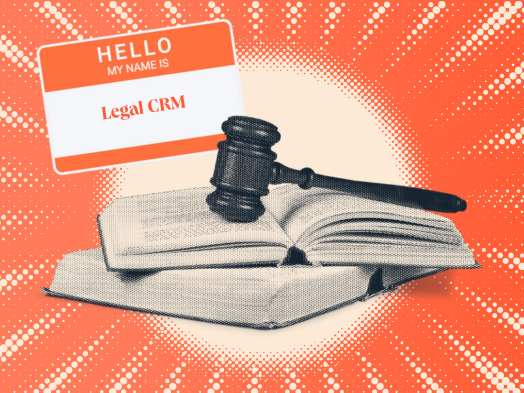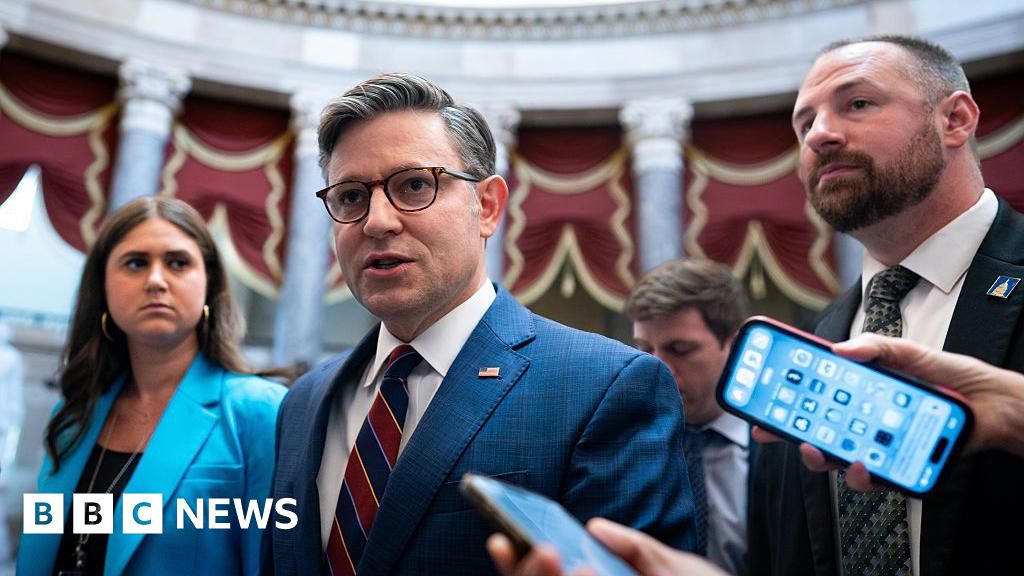African American woman holding a hundred dollar bill.
getty
If you aren’t familiar with Bottom Line (BL), you should be. Philanthropist MacKenzie Scott is, and recently gave the organization a $15 million donation. For those who aren’t familiar — BL is a Boston-based, nonprofit that works to end the income gaps in degree attainment rates in order to elevate racial equity and economic mobility for students of color. So, how does it work? BL’s advisors connect students to colleges that are low-cost and high-quality, reducing student debt while at the same time, leading to higher incomes. According to independent research, “The average starting salary for a Bottom Line recent graduate is two times the amount of the average family income of its student population.”
Steve Colón, CEO of Bottom Line
Photo Credit: Bottom Line
The student debt crisis is not the primary focus of Bottom Line’s work; however, affordability is a key emphasis in the organization’s approach. According to BL’s CEO, Steve Colón, “Our approach centers on students leaving school with low debt. The current average for our students is $18K of student debt, compared to the national average of $32,829.”
The magnitude of student debt is regularly covered by news outlets, but another aspect of the crisis is that first-generation students, many of whom come from low-income backgrounds and are African American or Latinx, are “disproportionately more likely to incur higher levels of debt.” For example, the National Center for Education Statistics reports that 86% of Black college students take out federal loans versus 70% for white students. According to recent statistics, Black students graduate with $25,000 more debt on average than white students, and four years later nearly 50% of Black graduates owe 12.5% more than they first borrowed. Researchers also found that women, overall, hold two-thirds of the nation’s $1.75 trillion in student loan debt. Black women feel the heaviest inequities.
Don Heller, Retired Provost & Vice President for Academic Affairs, University of San Francisco
Photo Credit: Don Heller
According to Don Heller, an expert on student debt and the retired provost and vice president of academic affairs at the University of San Francisco, Bottom Line is moving in the right direction by pointing students toward low-cost, high quality higher education options. Heller suggests the following for students: 1.) Consider starting college at a community college and then transferring to a four-year university when pursuing a bachelor’s degree; 2.) “Avoid the temptation to attend a pricey private institution, and consider a public university in your state.” However, he cautions, that “depending on the amount of financial aid offered, the net price of a private college could end up being less than a public university;” 3.) Do everything you can to graduate in four years. “Go to college knowing what you want to study, and work with your advisor carefully to plan out a program of study that will allow you to meet all your requirements” in four years or even less; 4.) Consider taking courses during the summer at a community college or another low-cost, public 4-year university to help earn credits that will allow you to graduate early; 5.) Look for a work study job on campus if you qualify – “work on campus has been shown to be a positive influence on time-to-degree, and earning money through work study can help students avoid borrowing.”
Considering the complexities of the college application and financial aid processes, as well as increasing college tuition costs, getting into and affording college is a challenge for students. Those students who are first generation often have access to fewer resources to bolster their success. Moreover, they are more likely to attend high schools that lack advanced coursework and have unwieldy student-to-counselor ratios. Bottom Line is working to counter the lack of resources that these student have by providing ample advising and support.
Of note, BL’s model for college student success was the subject of a 2021 research study. University of Virginia professor Ben Castleman and Texas A&M University professor Andrew Barr found: “What’s especially notable is that Bottom Line appears equally effective across sites and for students of various backgrounds. Bottom Line also primarily serves students of color, so — if scaled broadly — intensive advising could increase both economic mobility and lead to greater racial equity in college degree attainment.”
For BL’s CEO Colón, issues of persistence, student debt, and equity are personal. He was first generation college student. In his words, “I see myself in the students we serve. My parents migrated from Puerto Rico when they were young, and only one of them was able to graduate from high school. They supported my pursuit of higher education but didn’t know what it would take – academically, financially, or socially – to get in or through a postsecondary institution. What I needed most – and what has driven my career – are relationships with consistent, caring, and knowledgeable individuals who I could trust to help me make informed choices.” He added, “As such, I’ve spent most of my adult life at organizations that genuinely believe that these types of relationships are essential to helping students like me not only make informed decisions about college but also graduate and find success”
BL currently serves roughly 7,000 students through two primary programs – College Access and College Success programs in regional offices in Boston, New York City and Chicago. The organization’s vision is to create a far-reaching ripple effect, launched by the “transformative power of a college degree and a mobilizing first career.”
Credit: Source link











